CAMFED supports young women to become leaders in their communities and beyond, joining forces to change the status quo for women and girls for good.
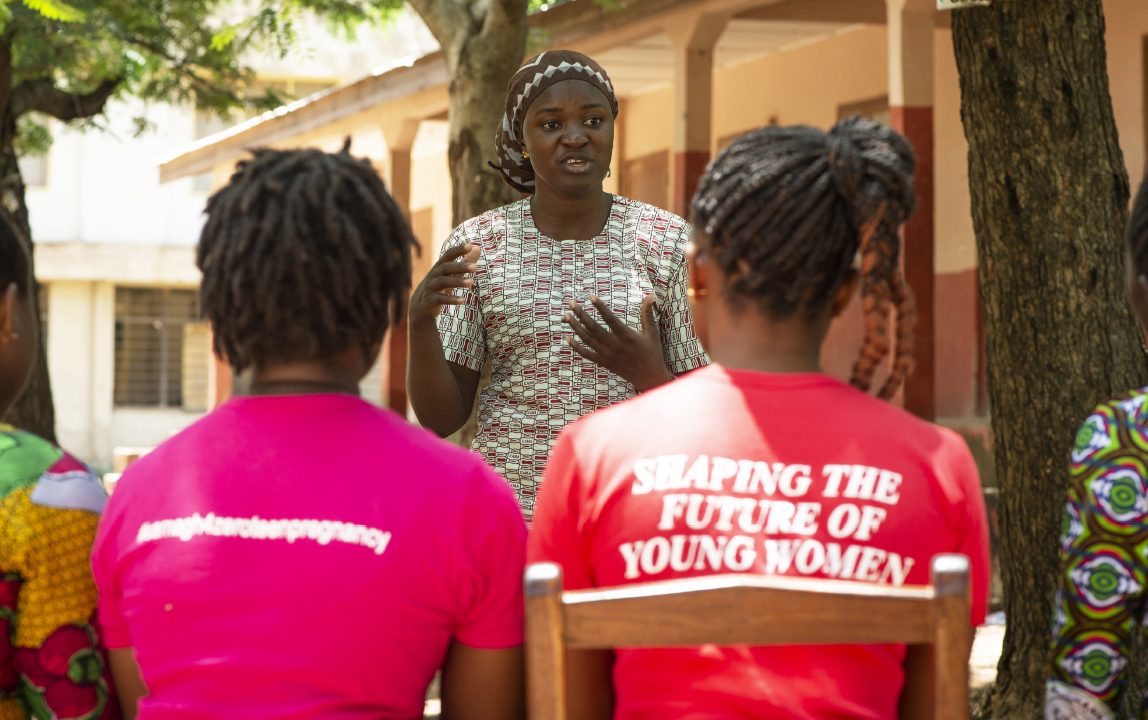
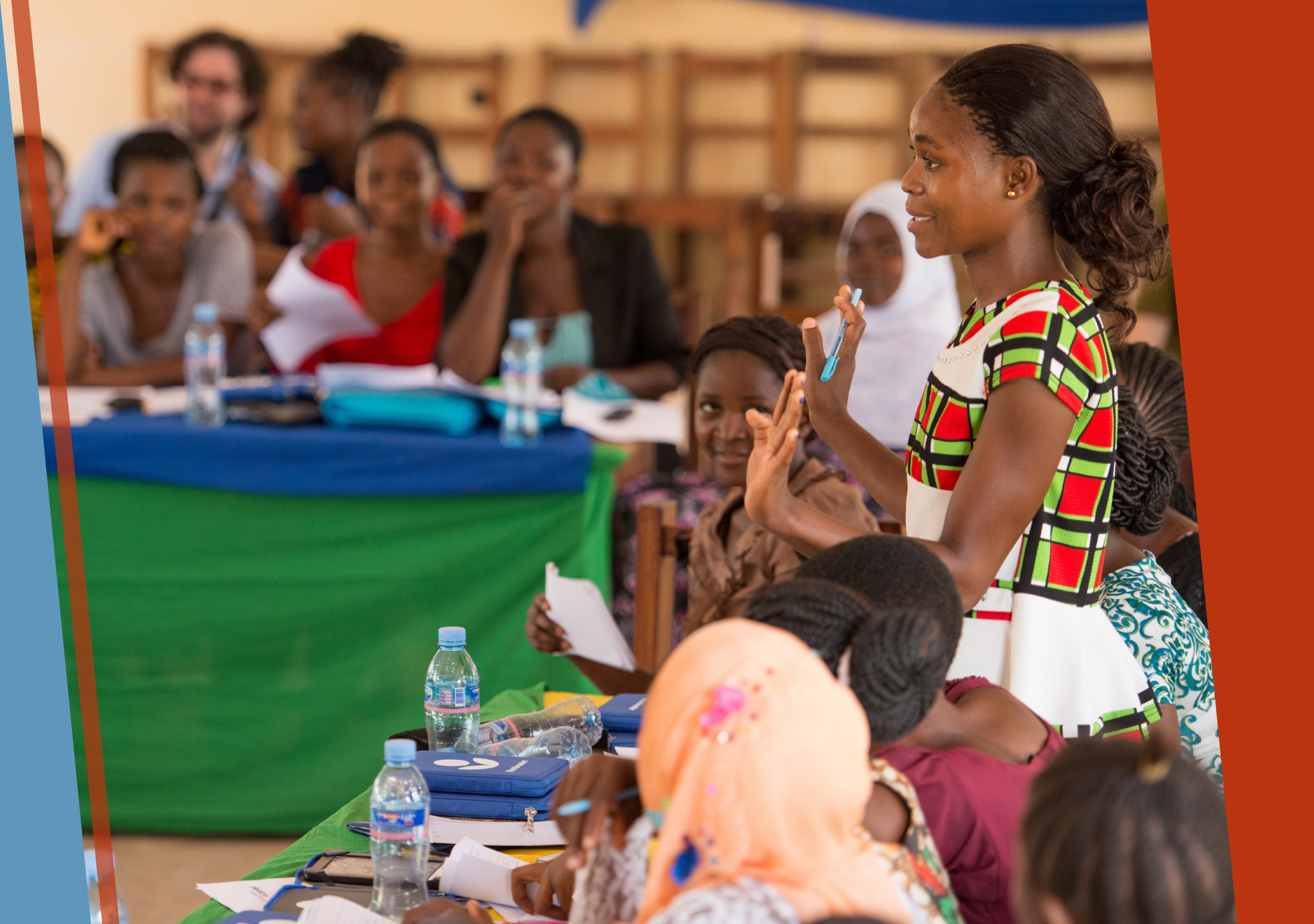
CAMFED supports young women to become leaders in their communities and beyond, joining forces to change the status quo for women and girls for good.
We know that supporting girls to access education isn’t enough to secure their right to a life of independence and influence, and a prominent seat at the policy-making table – because girls’ exclusion is a result of deep structural inequalities which perpetuate girls’ and women’s marginalization in the classroom and beyond.
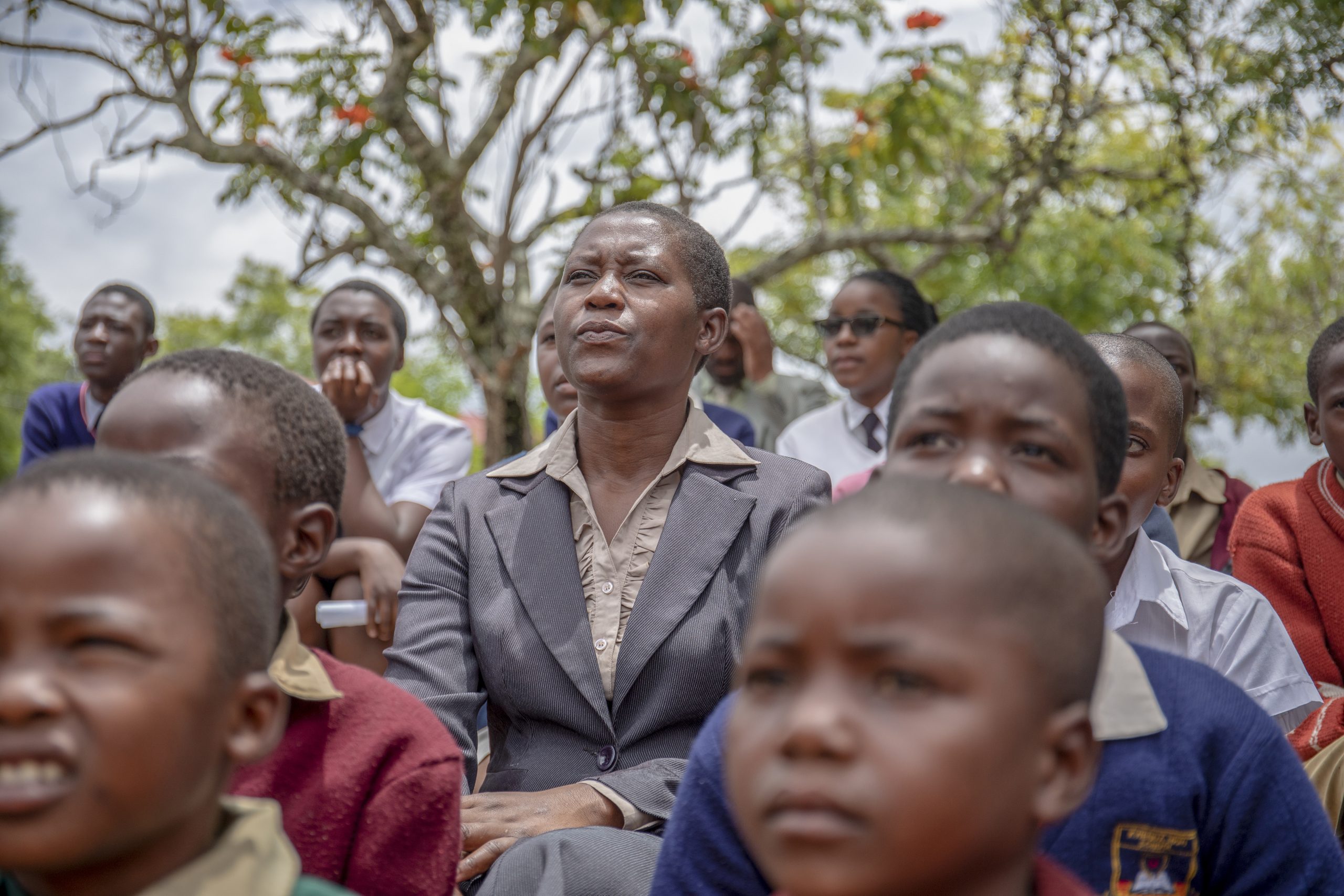
Girls’ education leads to women’s inclusion, and women’s who are included can become leaders, spearheading systems change and challenging the status quo.
The success of every nation depends on equal representation. We are working to break down inequalities, and create a world inside and outside the classroom that welcomes and nurtures young women’s contributions and leadership.
CAMFED’s unique and growing pan-African network of educated young women leaders – the CAMFED Association – is made up of grassroots activists, teachers, nurses, doctors, sustainable agriculture experts and entrepreneurs holding influential positions at local, national and global levels, and actively shifting norms and advocating for policy change.
We disrupt the status quo by ensuring that young women are able to step forward and take up their rightful place in the world as capable, ambitious and bold leaders alongside men. It is the most positive form of disruption, and it starts when girls go to school.Lucy Lake, Executive Advisor, CAMFED
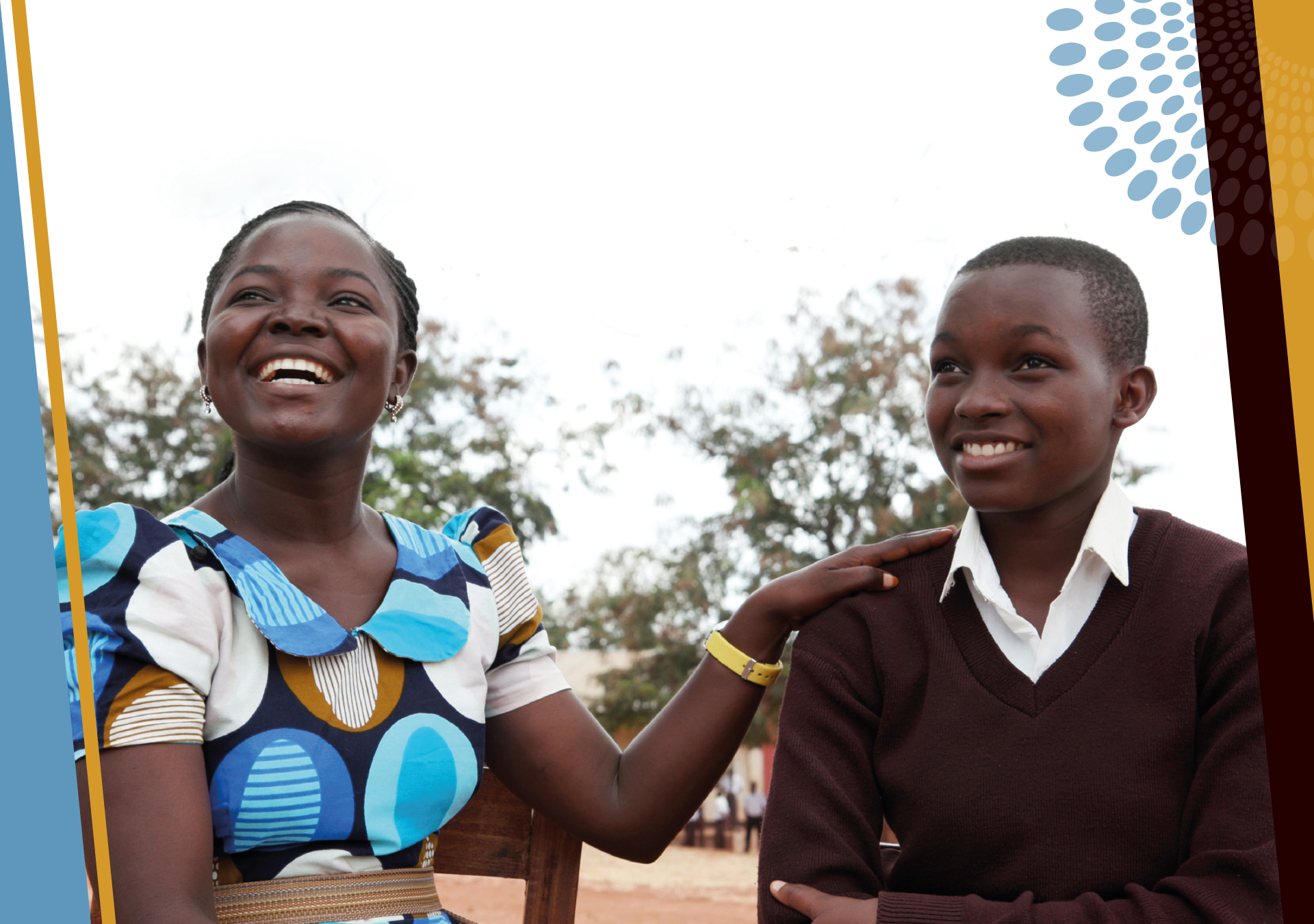
CAMFED is in the unique position of being able to draw on a pool of tens of thousands of experts — young women leaders educated with CAMFED support, who are deeply embedded in their communities and understand first hand the link between girls’ education, social justice, gender equality and climate action.
Women like Sophia, who was supported through school by CAMFED and has personally experienced the hurdles that girls in her community face. As a CAMFED Learner Guide, she now mentors and supports vulnerable girls with life skills and well-being sessions, works with her community to address structural challenges, and is running a business to support her family and more girls. A role model leading by example, she is breaking down gender stereotypes and lifting this generation of girls up with her.
CAMFED’s model was built on the premise that systems that are accountable to the most marginalized girls are systems that work better for everyone, and research conducted by the University of Cambridge bears this out. Educating a girl should not be a means for preparing a young woman to navigate a broken system, or to shoulder the burden of fixing it. It’s a means to independence, agency and leadership, so that young women can join forces with each other, their community members, and those in authority to create eco-systems of support around the poorest, most vulnerable girl, ensuring that the system works for her.
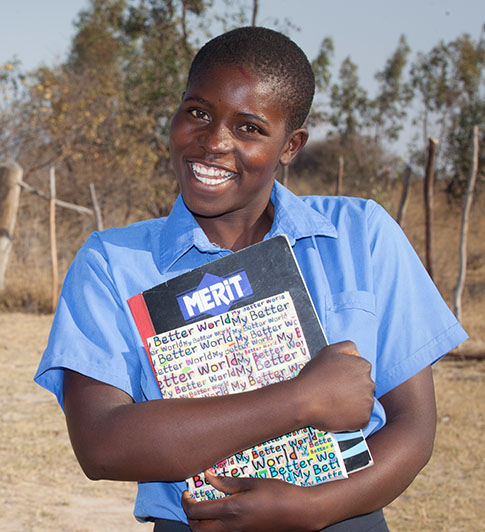
Writing on Devex, CAMFED Co-Executives Angeline Murimirwa and Lucy Lake underscore the urgency of tackling the structural inequalities that are the root cause of girls’ and women’s continued marginalization:
“Studies show that greater representation of women in leadership results in more equitable policies and better systems. If we embrace this perspective, it can change how we address girls’ exclusion from school.
“It requires us to confront the fact that even when girls go to school, they often only participate in the margins, resulting in high drop-out rates. Unless we address this, girls’ marginalization in the school system will metastasize into marginalization in other systems — political, health, judicial — thus undermining their prospects for leadership.
“We therefore need to focus on how obstacles to girls’ education can be dismantled so that girls graduate from school as empowered citizens and as future leaders.”
Read CAMFED's Op Ed on DevexThe CAMFED Association is Africa’s largest and fastest-growing network of young women activists, all of whom are fully capitalizing on their education, transforming their own lives and sharing their learning, experience and resources with others.
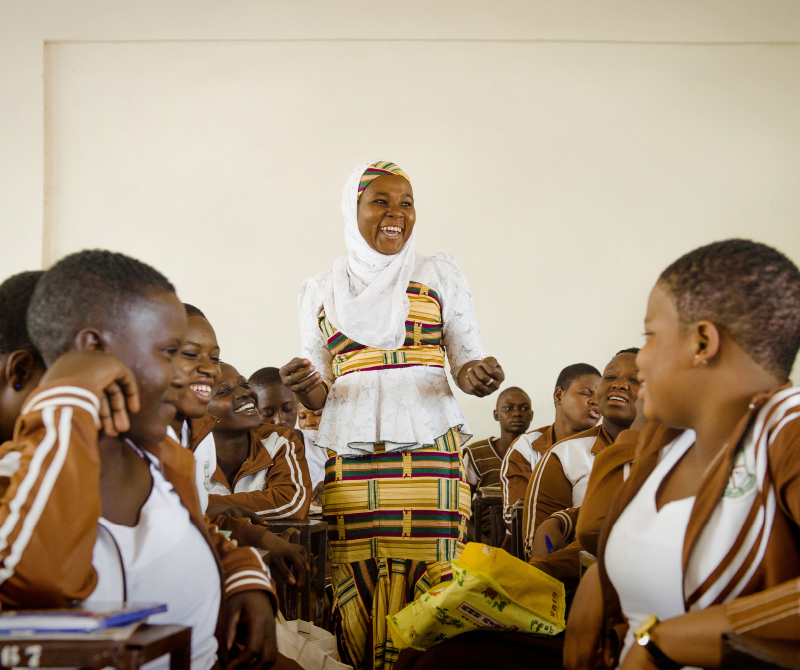
The CAMFED Association - our powerful network of women leaders educated with CAMFED support - is 312,747 strong and counting
59,538 leaders in the CAMFED Association belong to decision-making bodies (equivalent to 21% of members), changing the status quo for women and girls.
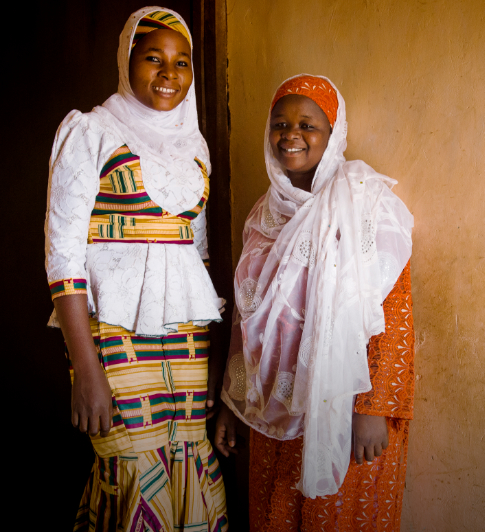
The first girl in her community to complete secondary school, Hawa is a leading member of the CAMFED Association (CAMA). In 2015 she was elected to the Karaga District Assembly in northern Ghana with strong support from village elders. Having grown up in the community she represents, Hawa has first hand experience of the challenges her constituents face and a deep-seated desire to bring about lasting change. A role model and a trailblazer, she has earned the respect and appreciation of her community, showing what is possible when girls are educated.
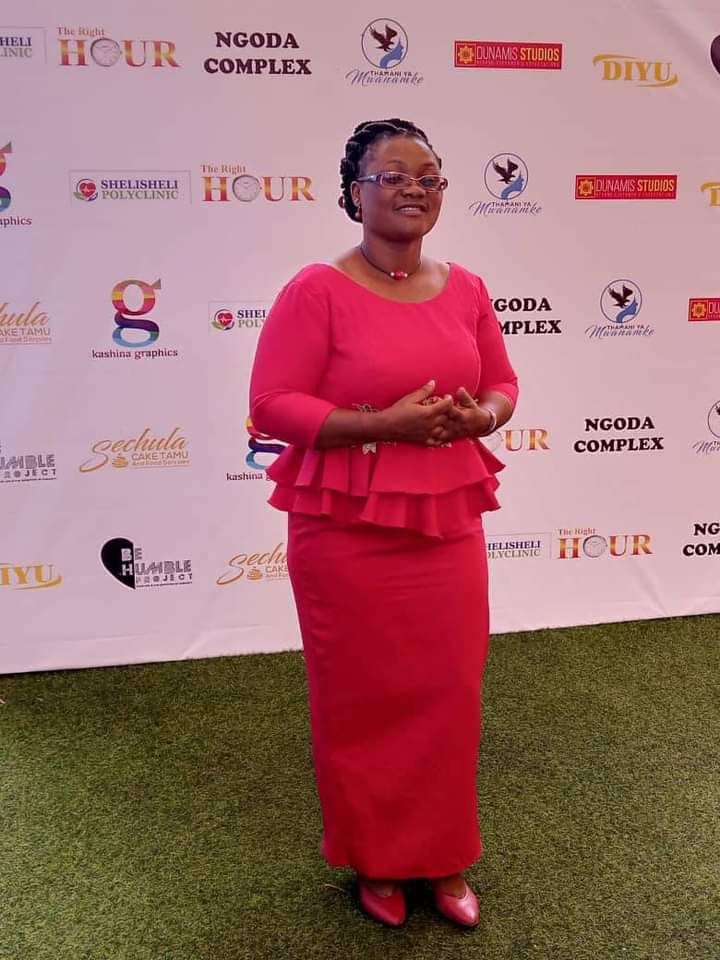
Josephine is a committed member of our CAMFED Association and volunteered for four years as a Learner Guide, helping improve school attendance in her community. In 2022 she was elected Vice Chairperson of Kibaha District Council, in which position she is responsible for running board meetings, managing issues within her district boundaries, administration, and supervising other wards the district. She encourages other women to take up leadership positions and to venture into business, as she has — knowing they can leverage their collective power to change the status quo for women and girls.
JosephineInvesting in girls' education and young women leaders is key to unlocking the potential of girls' education to deliver systemic change, leading to social justice, sustainable development, and a better world for all of us.
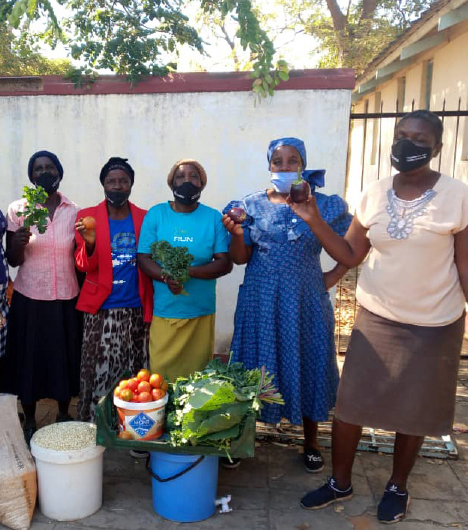
Writing in Ms. Magazine, CAMFED Association member Judith Msindo from Zimbabwe describes her own background of extreme deprivation, and the support she received from her community to stay in school. A fierce advocate for girls’ and women’s rights, Judith will stop at nothing to protect girls from abuse and exclusion. As a CAMFED Learner Guide she provided mentoring, social support and skills training to vulnerable girls. Now, as an Agriculture Guide, Judith works with groups of mothers to grow nourishing food in school gardens, providing vegetables to girls whose hunger may push them out of school. Judith says,
“Poverty is an injustice that falls most heavily on girls. I fully believe that the best way to address this injustice is to invest in organizations that support the education of young women.”
Read Judith Msindo's article in Ms. Magazine

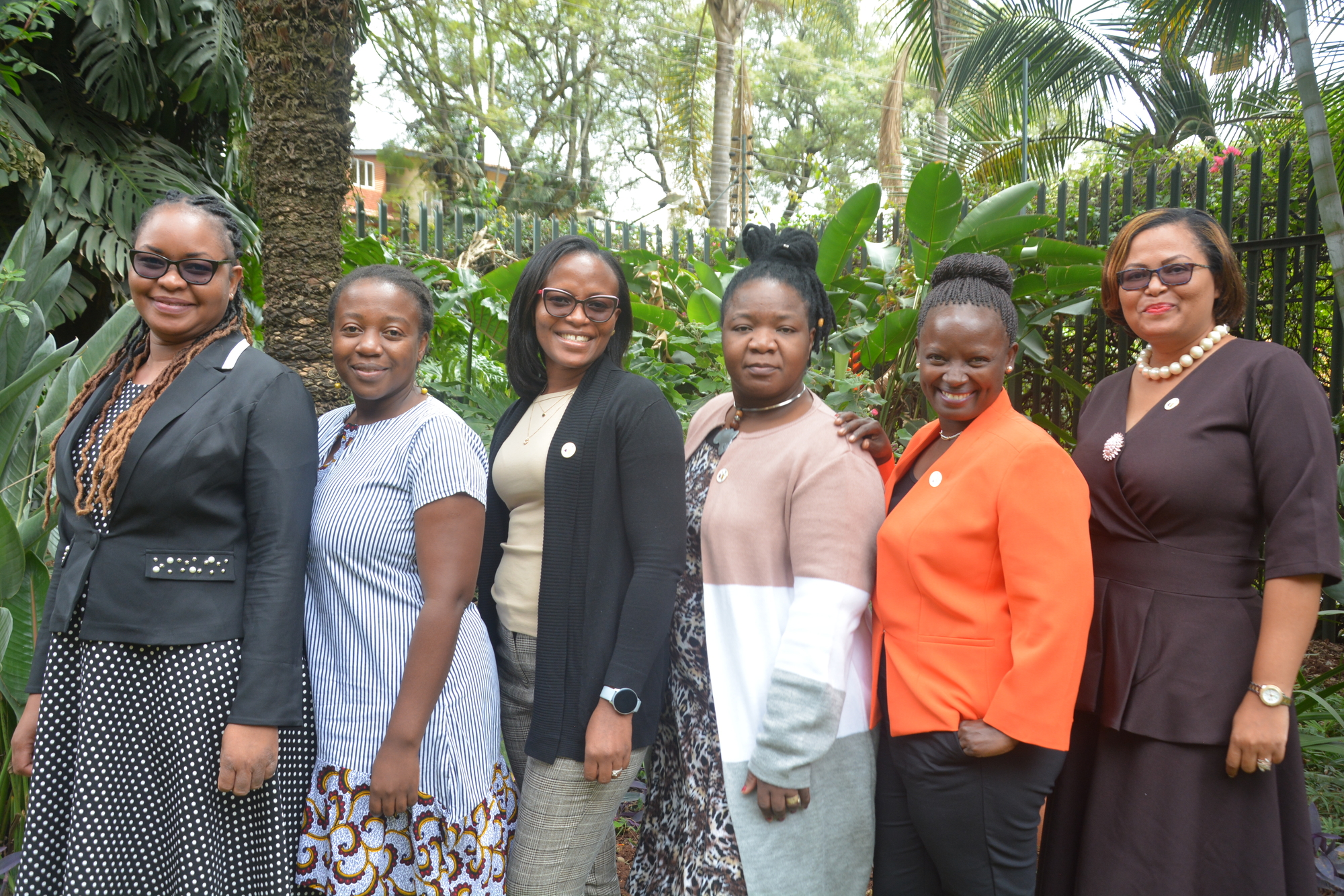
March 22, 2023
Watch CAMFED’s CEO Angeline Murimirwa in an informal conversation on “Brave Leaders: Thrills, Spills and Surprises” about leadership, its challenges and triumphs, at the virtual World Education Summit with Anne-Marie Duguid.
(Angeline is pictured fourth from left, with Namenda Malupande, Shungu Gwarinda, Sally Ofori-Yeboah, Lydia Wilbard, and Susan Silika.)

On February 11, we marked International Day of Women and Girls in Science by celebrating the members of our CAMFED Association who are breaking boundaries to become qualified healthcare professionals in their communities across Ghana, Malawi, Tanzania, Zambia and Zimbabwe. Hear from some of the young women who are graduating from secondary school to become respected role models and advocates for health equality and girls’ education.
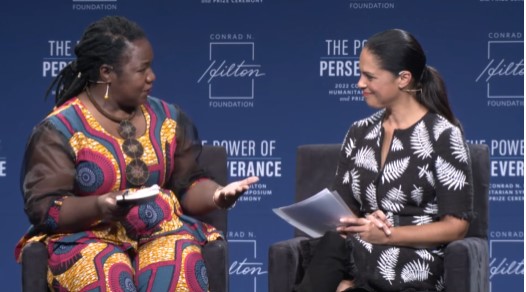
Soledad O’Brien, CEO; Journalist; Producer; and Philanthropist sits down with Angeline Murimirwa, Executive Director – Africa, CAMFED (2021 Prize Laureate) at the 2022 Hilton Humanitarian Symposium and Prize Ceremony themed “The Power of Perseverance,” in Beverly Hills, California. Angeline talks about how that power is embodied by the CAMFED Association of women leaders – who face challenges like COVID-19 and climate change head on, to keep girls safe and learning.
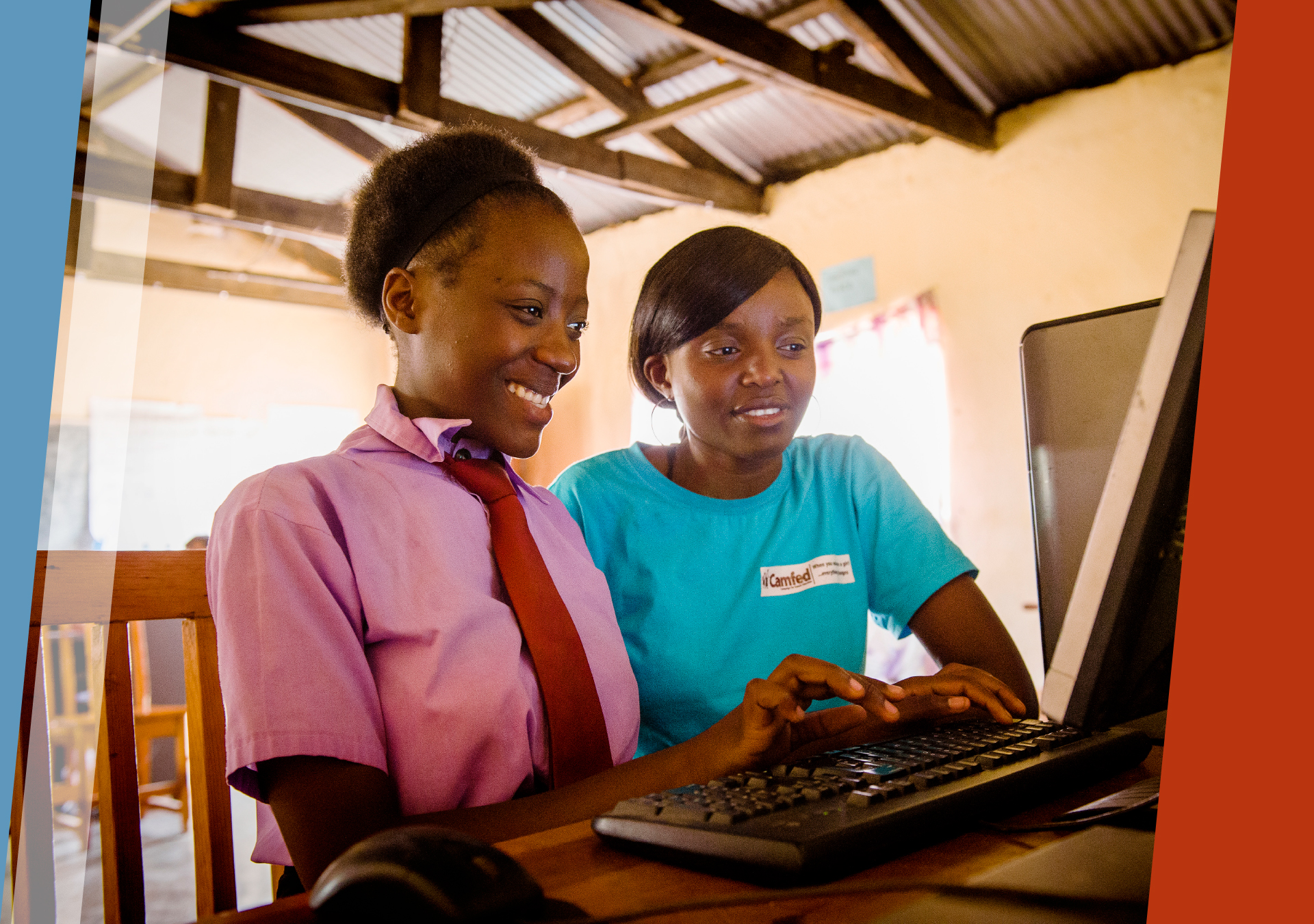
July 2021
In this seminal article, Dzingai Mutumbuka, first minister of education and culture for Zimbabwe, and Vongai Nyahunzvi, head of the Africa region at Teach For All, describe the necessary process of decolonizing aid and mindsets, and investing in youth leadership across Africa. They cite CAMFED’s grassroots-driven program, with thousands if graduates mentoring the next generation, and paying school fees, providing not only access to education but tackling issues from child marriage to climate change.
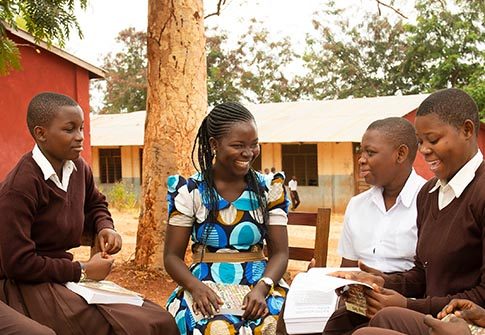
July 2021
In this seminal article, Dzingai Mutumbuka, first minister of education and culture for Zimbabwe, and Vongai Nyahunzvi, head of the Africa region at Teach For All, describe the necessary process of decolonizing aid and mindsets, and investing in youth leadership across Africa. They cite CAMFED’s grassroots-driven program, with thousands if graduates mentoring the next generation, and paying school fees, providing not only access to education but tackling issues from child marriage to climate change.
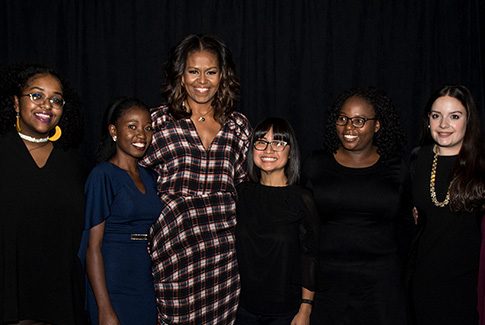
On November 13th, CAMFED Tanzania met with 31 members of the Parliamentary Standing Committee for Social Welfare and Community Development.
At the meeting, former Learner Guides Diris Martin and Stumai Kaguna, who now train others, joined Lydia Wilbard, National Director of CAMFED Tanzania.
Together, they spoke about the program and the changes in their own lives and those of the children Learner Guides support.
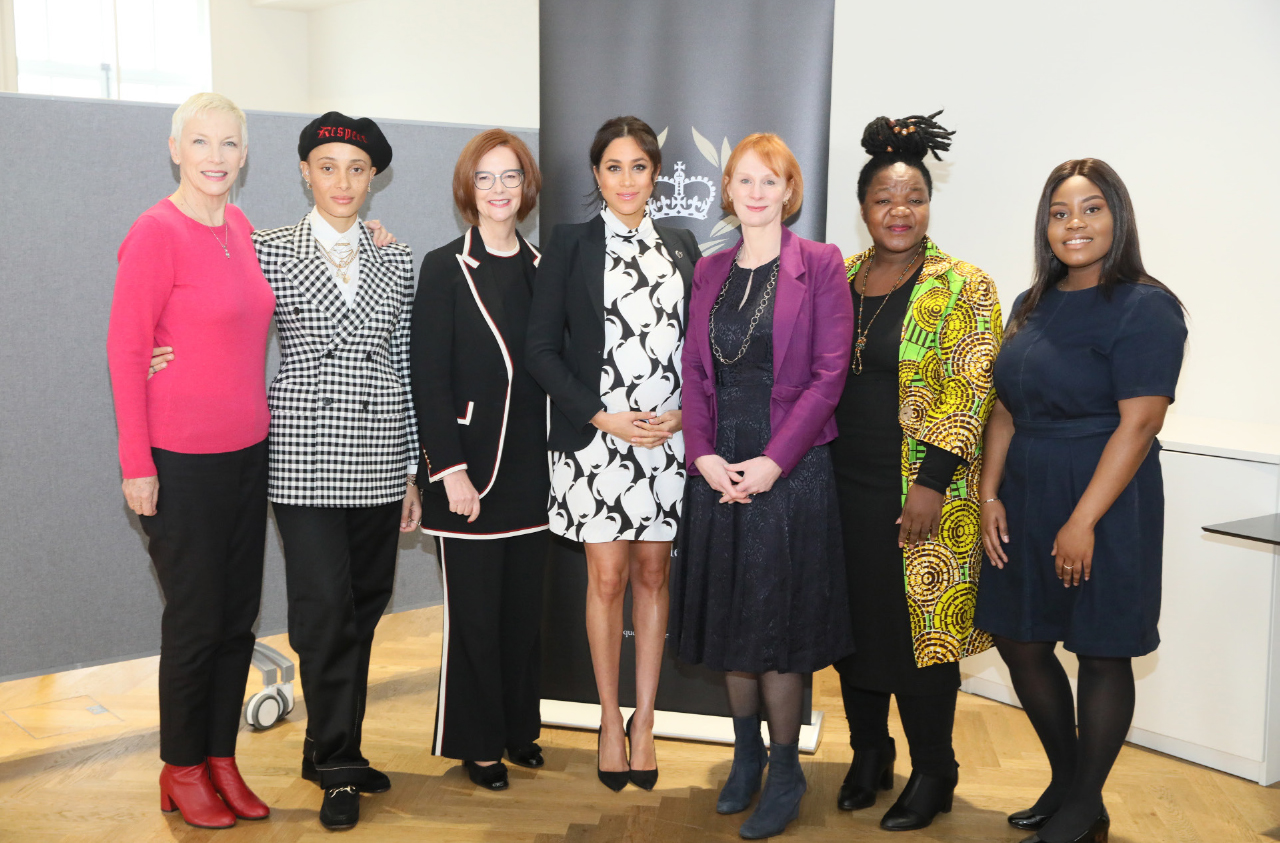
Girls’ education champion and former First Lady Michelle Obama marked International Day of the Girl with the launch of a new Global Girls Alliance, and welcomed our young women leaders in the CAMFED Association. Mrs Obama and CAMFED Association leaders – who are powerful and passionate girls’ education activists working across rural sub-Saharan Africa – have long partnered around the belief that champions at the grassroots are best positioned to make girls’ education a reality for the poorest girls.
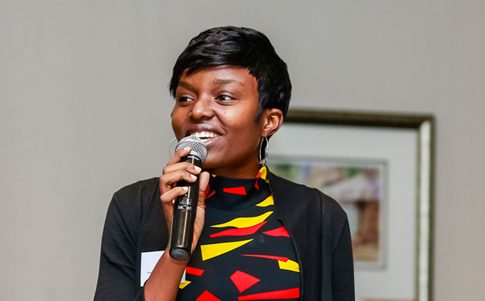
On International Women’s Day, Angeline Murimirwa, CAMFED Executive Director – Africa, joined an inspirational panel chaired by Anne McElvoy, Senior Editor of The Economist, with HRH The Duchess of Sussex (in her new role as Vice-President of The Queen’s Commonwealth Trust), CAMFED Patron the Hon Julia Gillard AC, singer-songwriter and global activist Annie Lennox OBE, model and activist Adwoa Aboah, and Chrisann Jarret. They discussed the hurdles that remain for women and girls globally, and called on the audience to act now for gender equality.

Once they were among the most marginalized girls in their rural villages, denied their right to an education through unrelenting intergenerational poverty.
Last week, they shared their stories of transformation through education. They joined hands with Graça Machel, and with CAMFED’s new patron, Julia Gillard, during strategic meetings designed to change the prospects for communities across sub-Saharan Africa.
Now the members of the CAMFED Association (CAMA) – young women leaders educated with CAMFED support – are rewriting the future of generations to come.
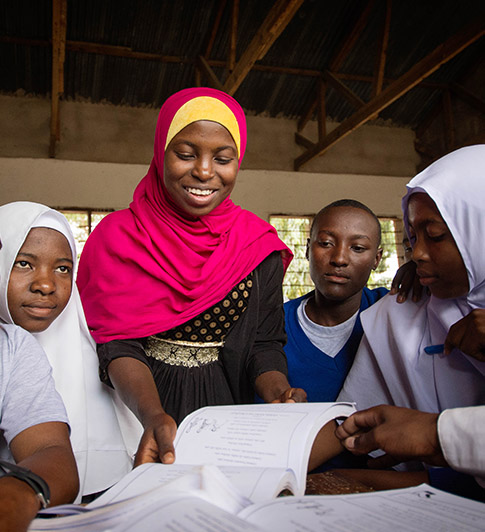
2018 Research
Women’s leadership is associated with positive environmental action, as well as improved adaptation and resilience to climate disasters. In Gender and climate change: Do female parliamentarians make difference? Mavisakalyan and Tarverdi demonstrate that women’s political leadership is associated with more stringent climate policies and results in lower CO2 emissions, for example.
Educated women are also better equipped to innovate and champion climate-smart technologies, and engage in national and international leadership for sustainable growth.
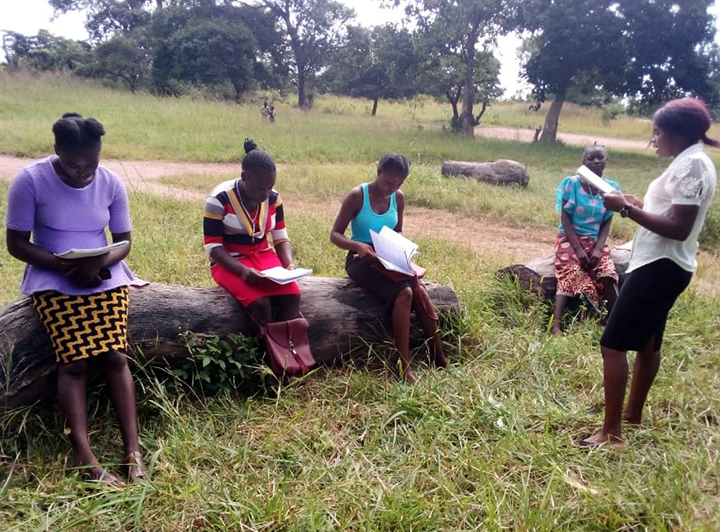
Now, as the COVID-19 pandemic threatens to roll back decades of progress, REAL Centre research into effective education interventions is more important than ever to inform collective, evidence-led action.
One such paper, an in-depth cost-effectiveness analysis of CAMFED’s program in Tanzania, was published today in the Journal of Development Effectiveness. It suggests that education initiatives that focus on the particular needs of the most marginalized should become a priority for international aid, because research data shows that they benefit all children.
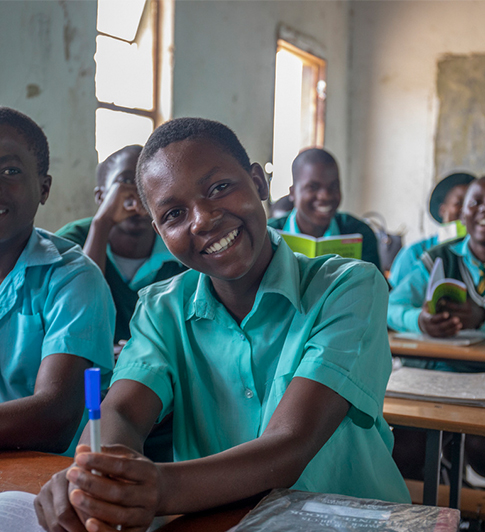
The United Nations Girls’ Education Initiative (UNGEI) has launched a new report and policy note on ‘Transformative political leadership to promote 12 years of quality education for all girls.’ Prepared by the Research for Equitable Access and Learning (REAL) Centre at the University of Cambridge, the paper addresses the urgent need to identify ways in which high-level political leadership can be mobilized to generate concrete action for girls’ education, and includes data from CAMFED’s program.
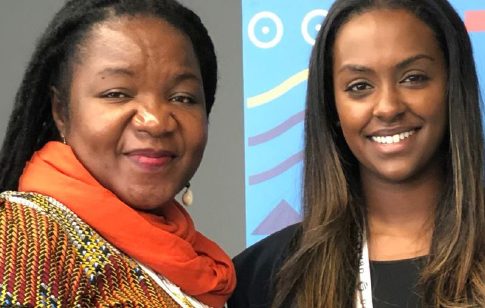
From July 10th-15th in Johannesburg South Africa, the Obama Foundation’s Leaders: Africa program brought together 200 emerging leaders from 45 countries across the continent, exploring new ways to take on the biggest challenges in their communities. Angeline Murimirwa, CAMFED Executive Director - Africa, joined a discussion on leadership with Tsehaitu "Tubi" Retta, Deputy Director of the Obama Foundation, exploring how all of us benefit when girls receive access to quality education.
Margaret Monaghan $10.9
Helen Lea $157
Julia Thompson $100
Joan Goldfeder $211
Bonnie Riggins $10.9
Michael Higgins $13
Cheryl Johnson $5.6
Amy Casciano $10.9
Valerie Turner £40
joyce Davidson $16.1
FRANK BAUDINO $26.6
Markus Rockström €37.2
Chiara Starvaggi Cucuzza €37.2
Bonnie Hollrah $52.9
Karen Thomas $158